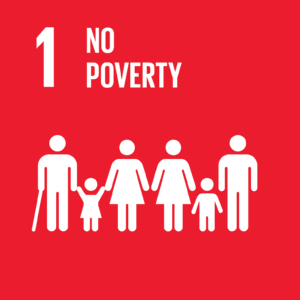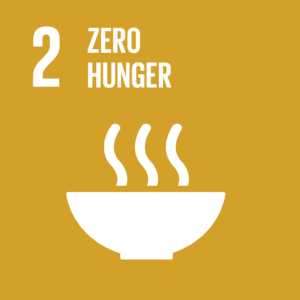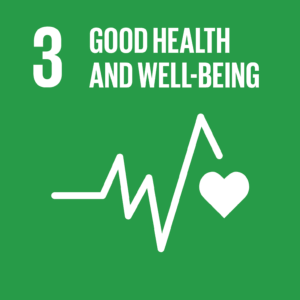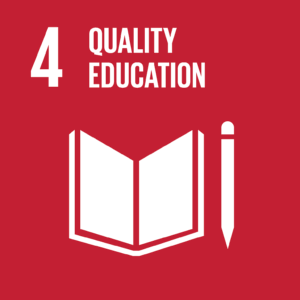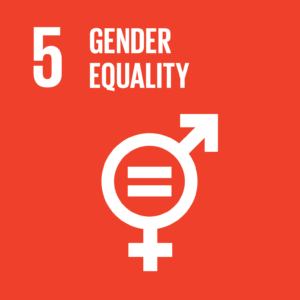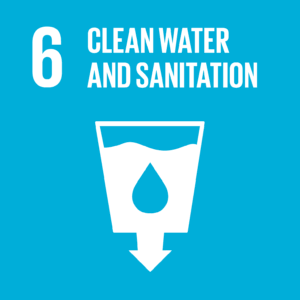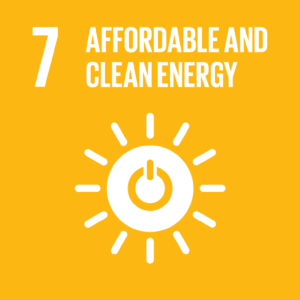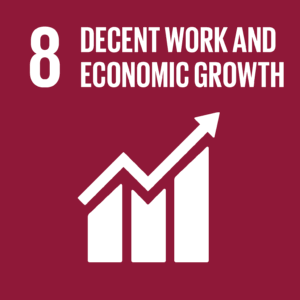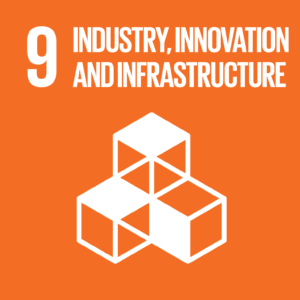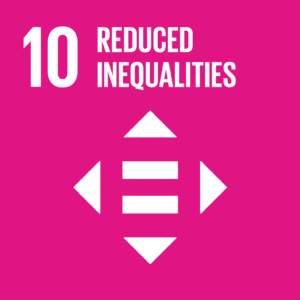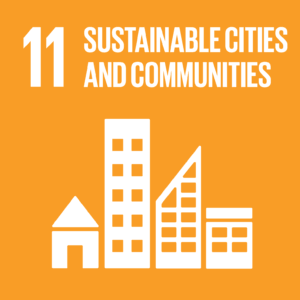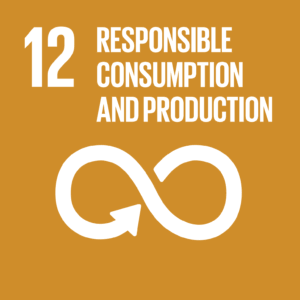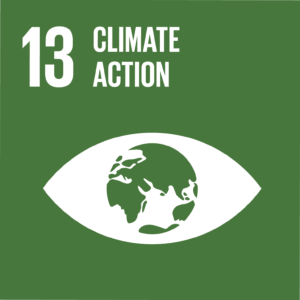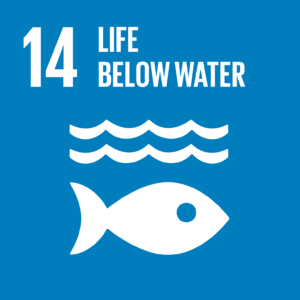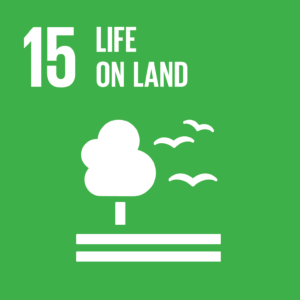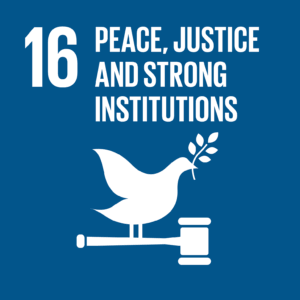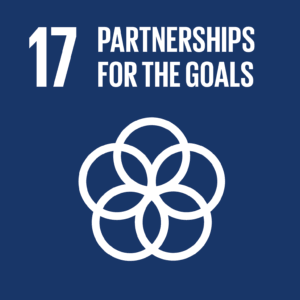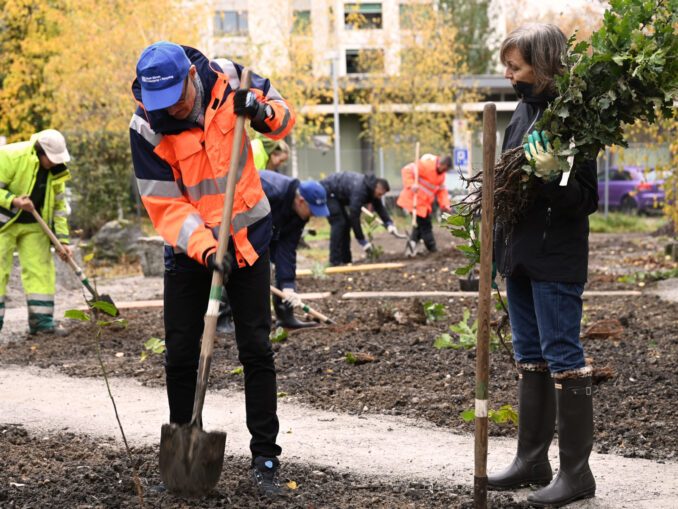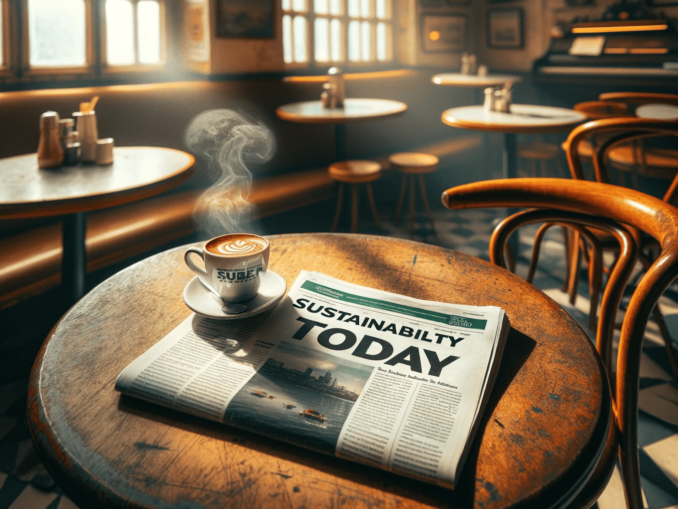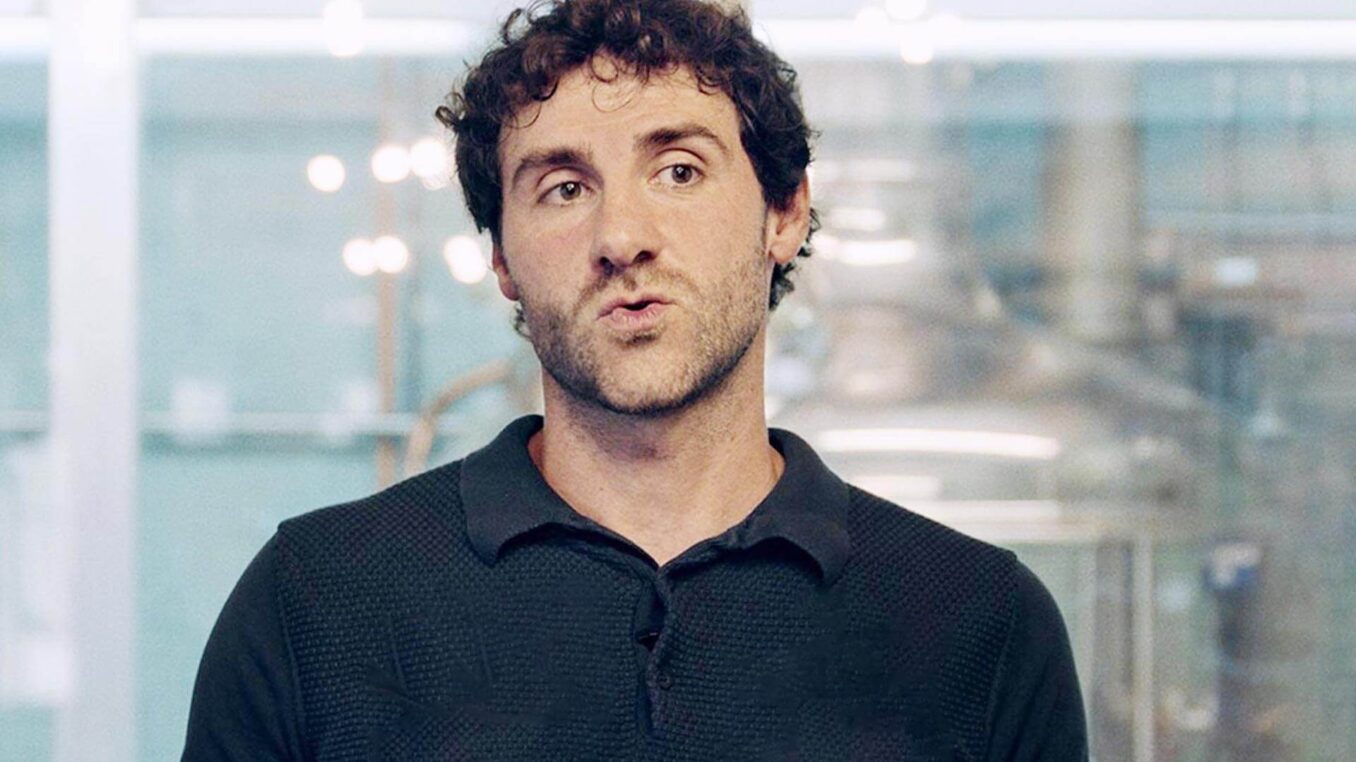
The example of the Fischerstube brewery shows how even a small company can make a contribution to climate protection. The opportunity to use clean energy and reduce your carbon footprint is also available to the youngest children. The energy check-up by the Energy Agency for Industry (EnAW), supported by UBS, not only helps the Fischerstube brewery to implement sustainable measures, but also promotes the competitiveness of the Basel-based family business. Andrea Alfonso, assistant to the management and responsible for the cooperation with EnAW, explains the motivation behind the participation and the resulting opportunities for the brewery.
This article about SDG 13 and the KMU Brauerei Fischerstube is supported by

Business Sustainability Today: What motivated the Fischerstube brewery to carry out the energy check-up?
Andrea Alfonso:
On the one hand, the ecological aspect is of course in the foreground here. We try to produce as ecologically and environmentally friendly as possible. The economic factor is also relevant. Energy costs are rising continuously, which is why we have a great interest in reducing these costs accordingly through savings.As a long-standing client of UBS, we were made aware of the energy check-up and the associated subsidies. Accordingly, we received information about the advantages of cooperating with the Energy Agency for Industry and the Federal Office for the Environment. This collaboration allows us to identify energy efficiency measures together with both partners and to benefit from the reimbursement of CO₂ levies by implementing the aforementioned measures.
Business Sustainability Today:
Which areas in a brewery are particularly energy-intensive?Andrea Alfonso:
As a brewery, we distinguish between two areas. The first comprises the production and distribution of beer. This accounts for the majority of our energy consumption and CO₂ emissions. Energy consumption is highest during the brewing process – due to boiling and cooling. Transportation accounts for the largest share of our carbon footprint: from the procurement of raw materials to the delivery of our end product.The second area consists of our real estate. These are both the premises that we use as a brewery and the properties that we rent out. The latter include two brewery restaurants and the apartments above our brewery.
Business Sustainability Today:
What energy efficiency measures and CO₂ reduction targets have you developed with the Energy Agency for BusinessAndrea Alfonso:
We have agreed with the Energy Agency for Industry on measures to reduce energy consumption by 2.5 percent kilowatt hours per year and to reduceCO2 by 4 percent per year.The first step is the conversion to LED, initially in the brewery and in the brewery restaurants. We will then install a larger, more efficient boiler in the brewery. The third step is planned for next year with the renovation of our properties. This includes, among other things, roof insulation and the replacement of all windows.
Business Sustainability Today:
What opportunities do you see in implementing these measures?Andrea Alfonso:
Several advantages result for us from the implementation. We produce in a more environmentally friendly way and at the same time increase the financial benefit thanks to falling energy costs. We also expect to be able to strengthen our image with more environmentally friendly production. With a view to sustainability, we have also been active in other areas for some time.For example, with the help of a heat exchanger, we use the waste heat from beer production both to heat the new brewing water for the next brewing process and to heat the water in our rented apartments. A second example is the residues from beer production. The so-called “spent grains” are used by a local farmer as a feed supplement for his animals. The same farmer also gets leftovers from the restaurant, which he uses for composting or as animal feed.
Business Sustainability Today:
What challenges does the Fischerstube brewery face in the future?Andrea Alfonso:
One of the most important tasks that we will all have to face sooner or later is undoubtedly finding alternatives to fossil fuels. This will be a lengthy process, the success of which depends not only on ourselves, but also on the opportunities offered by the market. We also see the procurement of our raw materials as an immediate challenge. At present, with the exception of water, we cannot obtain these from Switzerland. The reasons for this are availability, quality and quantity. That is why we get our imports from directly abroad.But something is happening in Switzerland in this respect, and we hope to be able to regulate the issue as locally as possible in the coming years. We are pursuing the goal of producing extensively in the region in the future. This includes not least our vision that the trend in customer behavior will develop even more strongly in the direction of “consuming locally” in the future.
© Photo Andrea Alfonso: Brewery Fischerstube

